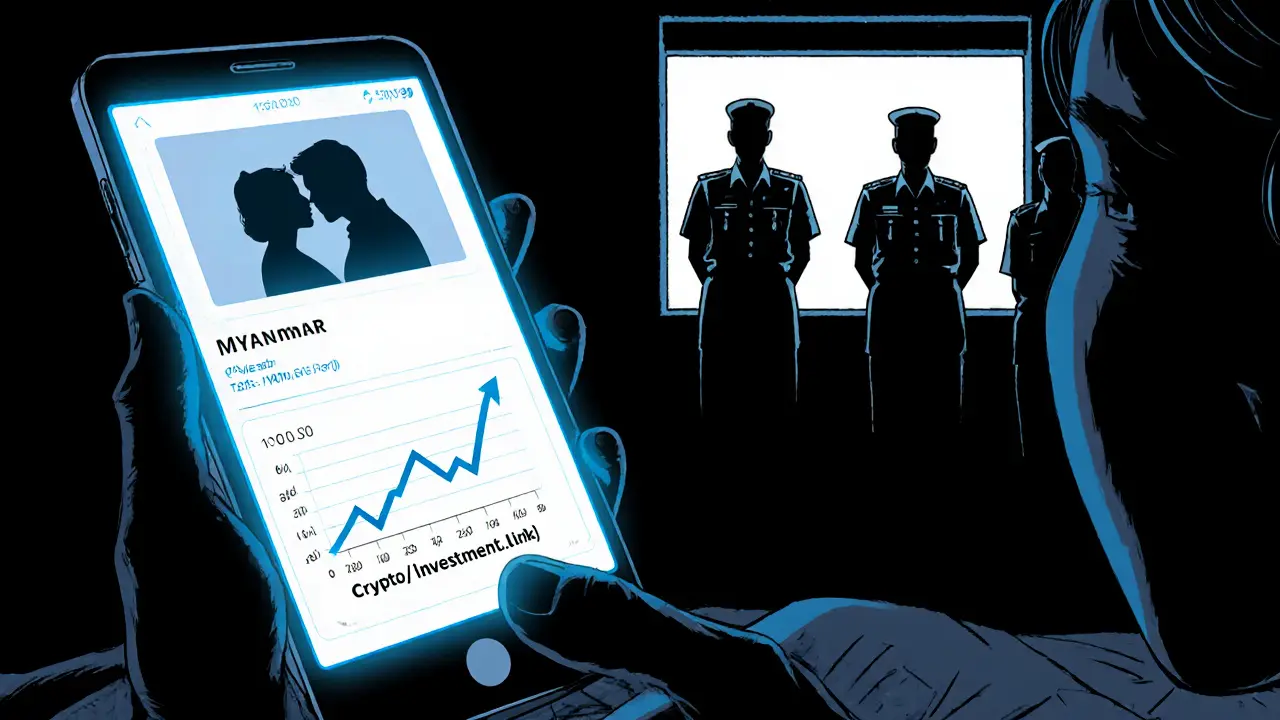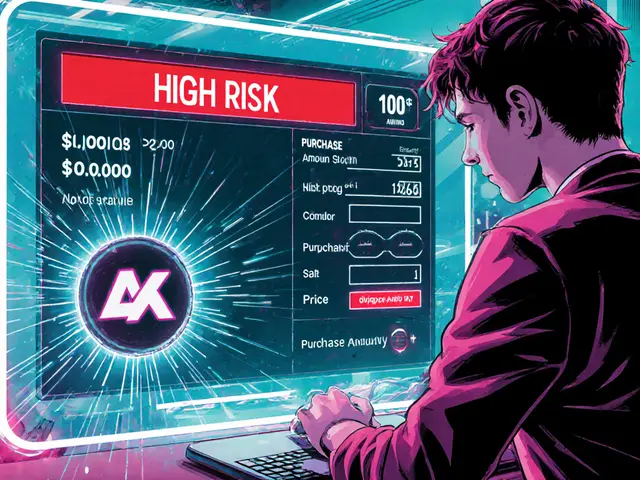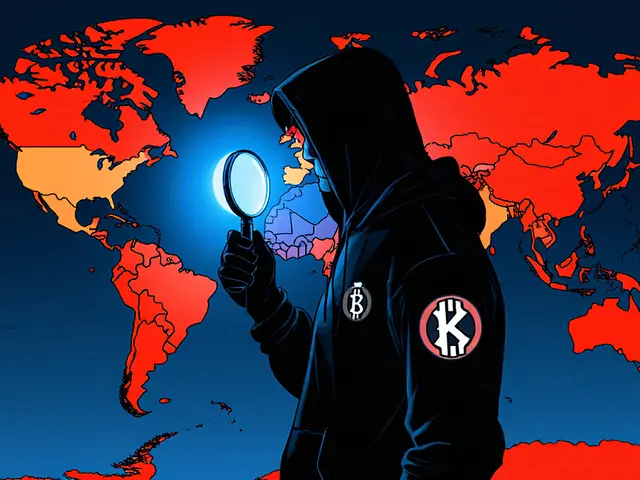OFAC Sanctions: What They Are, Who They Target, and How They Impact Crypto
When you hear OFAC sanctions, U.S. government restrictions that freeze assets and block transactions involving sanctioned individuals, entities, or countries. Also known as Office of Foreign Assets Control restrictions, these rules are enforced across banks, exchanges, and even decentralized platforms. If you’re trading crypto, holding tokens, or running a business online, you’re not immune—even if you never touched a U.S. bank account.
OFAC sanctions don’t just target governments like North Korea or Iran. They hit crypto mixers used by the Lazarus Group, exchanges linked to ransomware gangs, and wallets tied to sanctioned addresses. In 2024, the U.S. froze over $1.2 billion in crypto assets linked to sanctioned actors. That’s not theoretical—it’s real-time enforcement. Platforms like Coinbase and Binance have to screen every transaction. Even decentralized apps (DEXs) aren’t safe; tools like Tornado Cash got blacklisted because they were used to launder stolen funds. If a wallet gets flagged, your tokens can vanish overnight, no warning, no appeal.
It’s not just about avoiding illegal actors. OFAC sanctions also shape how companies build compliance into their systems. You’ll see crypto exchanges asking for ID, blocking certain countries, and rejecting transfers from known blacklisted addresses. Some users think this is overreach, but it’s the law. The blockchain compliance, the practice of ensuring crypto transactions follow legal rules like OFAC sanctions. Also known as crypto AML, it’s now a core part of any platform’s infrastructure. Ignoring it doesn’t make you a freedom fighter—it makes you a target. The crypto sanctions, specific restrictions applied to digital assets tied to sanctioned entities or jurisdictions. Also known as crypto asset freezes, they’re becoming more precise, using on-chain analytics to trace funds even after multiple hops. Tools like Chainalysis and Elliptic help regulators map these flows, and their reports are shared with exchanges globally.
What does this mean for you? If you’re in a country under U.S. sanctions, your access to major exchanges might be cut. If you’re holding a token linked to a sanctioned wallet, you could lose it. If you’re running a business, you need to screen your users. The posts below show real cases: how North Korean hackers use crypto to fund weapons, how Iraq and Bangladesh ban trading not because they hate Bitcoin, but because they can’t control the flow of money, and how Turkey’s 2024 law forced exchanges to comply with OFAC rules just to stay open. You’ll see how the FCA in the UK and the SEC in the Philippines enforce similar rules. This isn’t about politics—it’s about who controls money, and who gets left behind.
Below, you’ll find deep dives into crypto crime, exchange compliance, and how regulators are tracking every transaction. No theory. No fluff. Just what’s happening now, who’s getting hit, and how to stay clear of the line.

Myanmar-based crypto scam networks stole nearly $10 billion from Americans in 2024, using romance scams and forced labor. U.S. sanctions targeted the operators, but the crisis continues as victims and workers remain trapped.
Continue Reading





